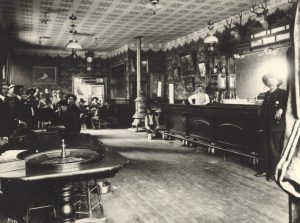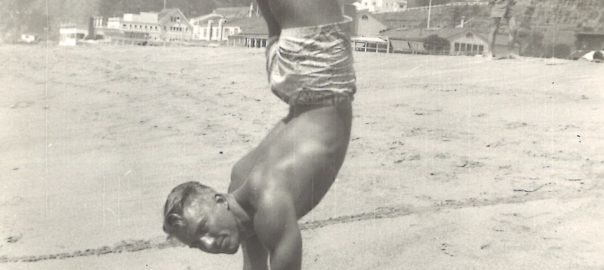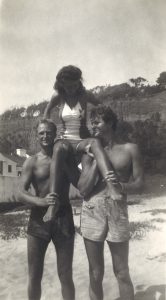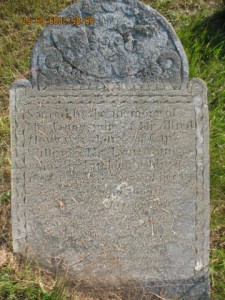
An entertaining story about an American man claiming to be the rightful “King of Wales,” and a claimant as well to the throne of Great Britain, made the rounds last week after Allan V. Evans of Colorado posted a lengthy claim to the Welsh throne, noting the “injustice of history” that kept him from the British throne, to which he is heir by an “unbroken primogeniture line…”
Agnatic primogeniture dates back to early France and is known as Salic Law, where succession is obtained through kinship through the male line only. On a few occasions in France the king was succeeded by a distant male-line cousin, even when the deceased king had surviving daughters or sisters who had male children. Continue reading ‘Unbroken primogeniture’








